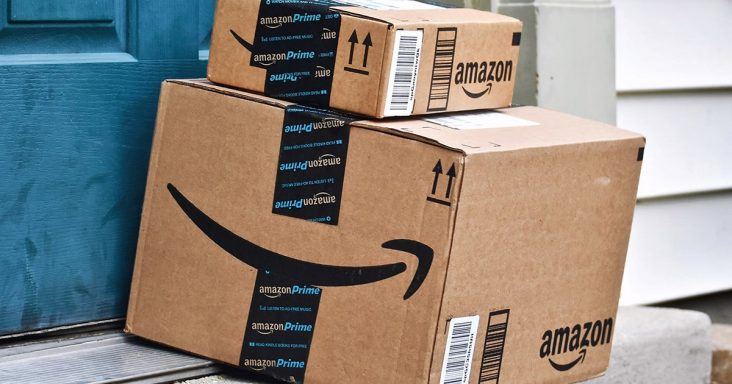Amazon Prime Day sales rise 11% to $14.2 billion
by July 23, 2024 3:02 pm 361 views

Consumers showed up big for Amazon’s annual Prime Day sales event spending 11% more this year thanks in part to deeper discounted prices, according to Adobe Analytics. Sales for the two-day event (July 16-17) totaled $14.2 billion, up $1.2 billion from last year’s event.
Adobe reports consumers spent $7.2 billion on day one and $7 billion on day two. Most of the spending growth resulted from bigger demand rather than inflation.
The event was held more than a week later this year to be closer to back-to-school shopping. Adobe said spending on backpacks, lunch boxes, stationery and school supplies was up 216% in the two days compared to the average daily spend for those items during June 2024. Also, spending on youth apparel rose 165% in the same period.
Adobe reports year-over-year spending on electronics rose 15%, overall apparel spending was up 24%, while consumers spent 76% more on school supplies than during the July 2023 Prime event. Amazon noted in a recent executive blog that the 2024 sales event was the biggest Prime Day in its history.
The company said Prime members purchased more than 375 million items worldwide and saved more than $2.5 billion on millions of deals across the Amazon store during the two-day cycle.
Economists have said consumers continue to show resiliency with respect to discretionary spending despite their quest for bargains and intentional purchasing patterns. Adobe also found 6.5% of orders leveraged buy now pay later (BNPL), driving $927 million in revenue, up 20% year over year. Usage of the deferred payment option was more prevalent in apparel, furniture/home, and electronics.
Consumers were looking for discounts according to Salesforce data that found U.S. discounts increased 10% to average 22% savings for customers, while global discounts rose 8% to an average rate of 20%.
“Consumers swooped up big deals as they become increasingly focused on value. Makeup, skincare, and apparel were the big winners as we head into the back-to-school season,” said Rob Garf, retail and consume goods exec at Salesforce. “Prime Day gives us a glimpse into what we can expect this holiday season, and retailers must be smiling. Online traffic and demand were up. And much of the online growth was based on people buying more, not just higher prices.”
Numerator reported the average order size was $57.97, up 7% from a year ago. Also 60% of households who shopped the Prime Day event place two or more separate orders bringing the average household spend to roughly $152.33.
Numerator also examined the demographic characteristics of the the typical Prime Day shopper this year. The research found the average age was between 35 and 44 with a high-income and living in a suburban setting. The data found 85% were Prime members for more than one year and 84% also shopped on Prime Day 2023. More than half (53%) said they waited for the Prime Day to make certain purchases.
